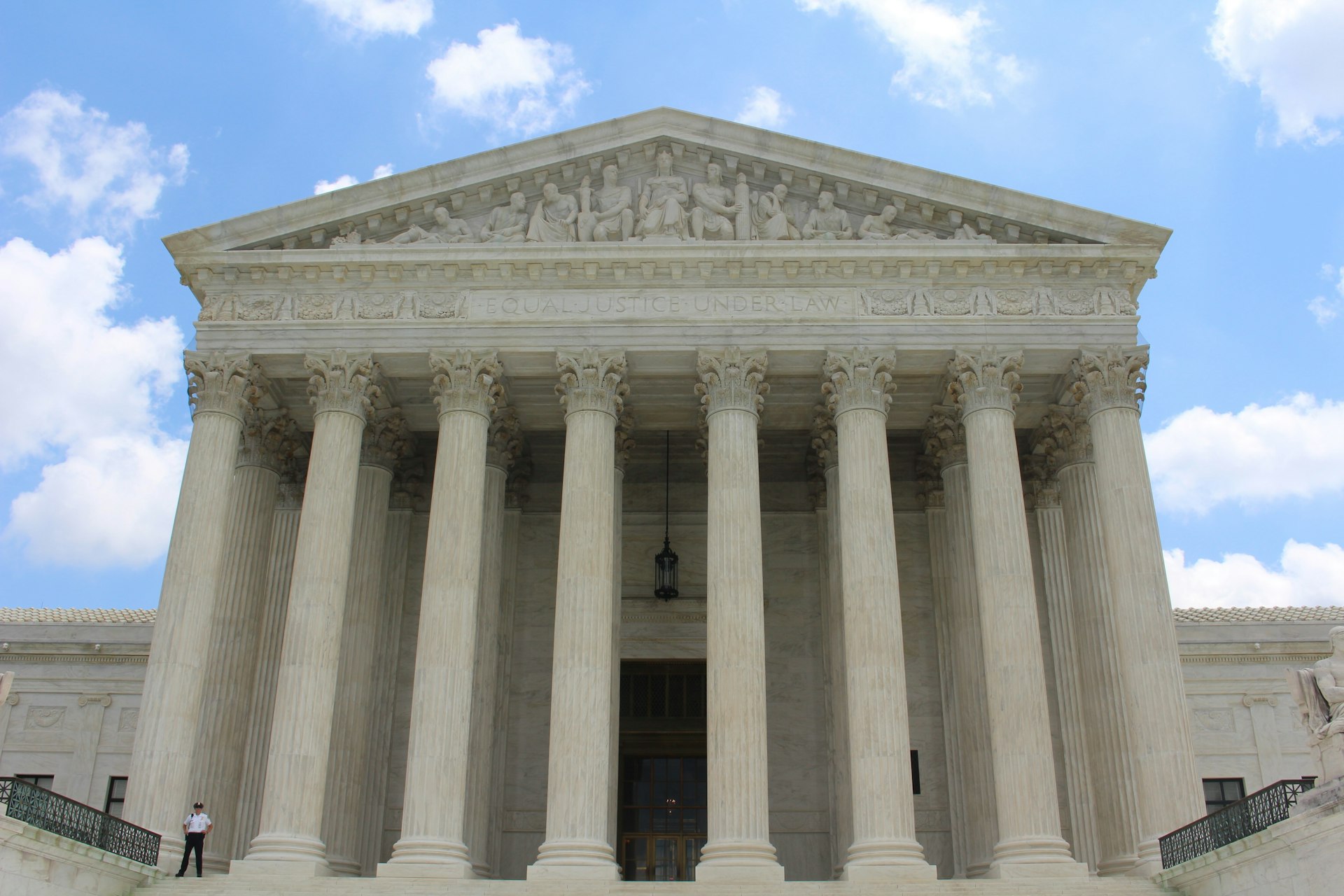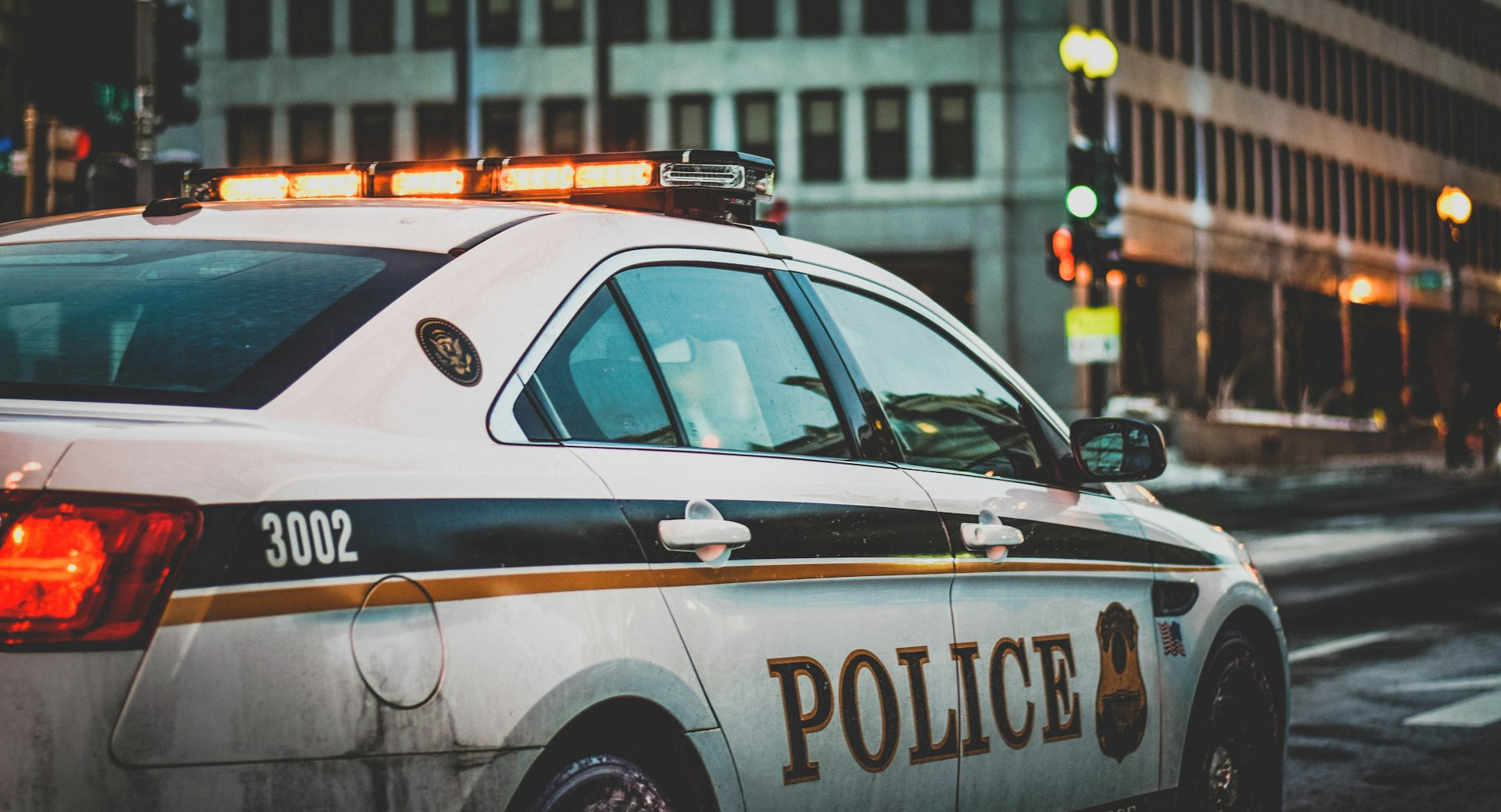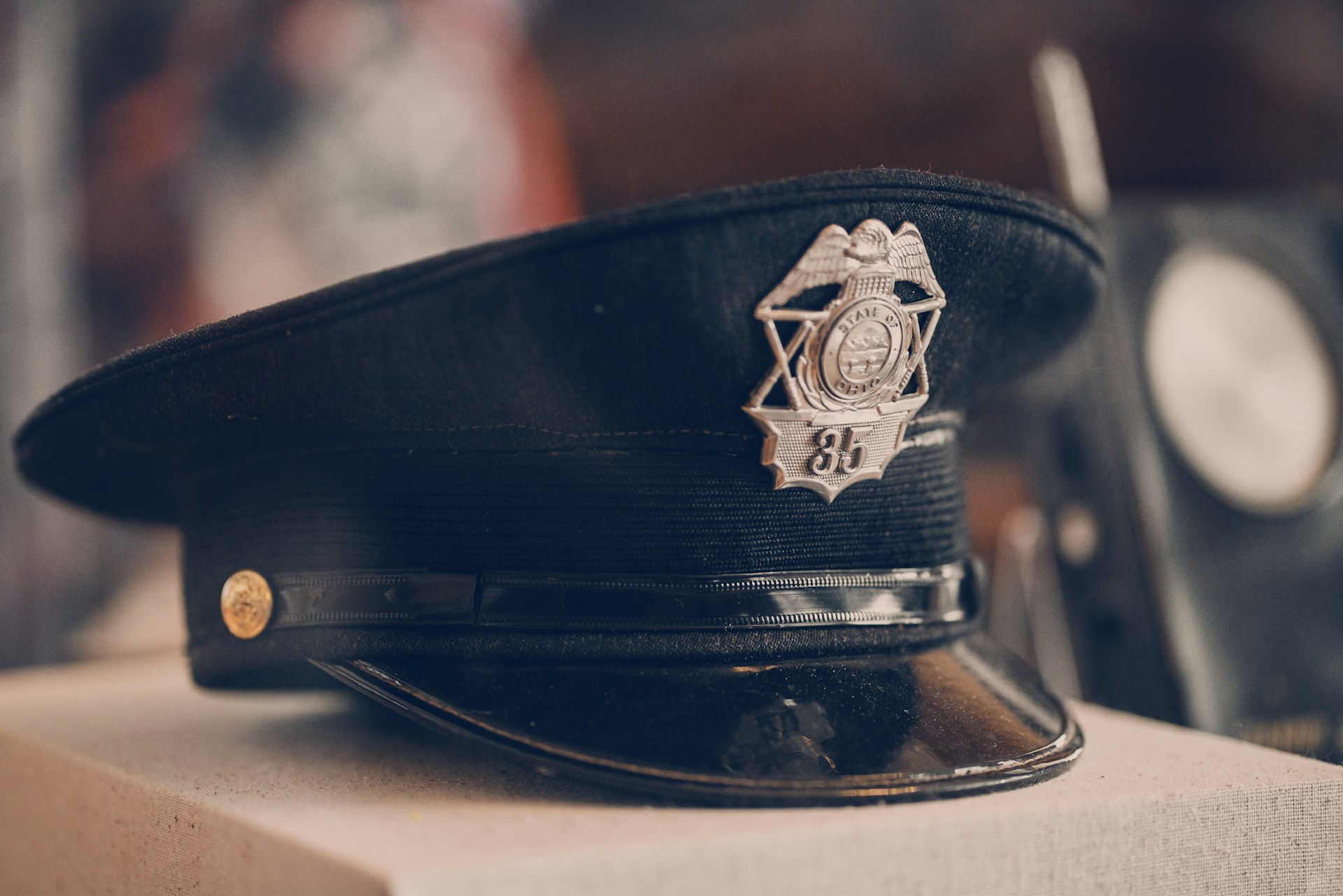In today's society, it's crucial to understand your rights when interacting with law enforcement. One of the most important lessons anyone can learn is the principle of not speaking to the police without legal representation.
This isn't about guilt or innocence; it's about safeguarding your rights, protecting yourself from potential misunderstandings, and ensuring a fair legal process. Here's a comprehensive look at why you should never talk to the police without a lawyer present.
The Right to Remain Silent
The Fifth Amendment of the United States Constitution grants individuals the right to remain silent to avoid self-incrimination. This means you are under no obligation to answer any questions from law enforcement that could potentially lead to your arrest or prosecution. The famous Miranda rights, read to suspects upon arrest, emphasize this crucial right.
Leslie Allen Merritt, Jr., then aged 21,[11] was arrested in Glendale on September 18, 2015
Misunderstandings Can Happen
Even innocent people can unintentionally say things that could be misinterpreted or used against them in court. Police officers are trained to gather evidence, and their questions are often designed to elicit specific responses. Innocent remarks or innocent confusion can easily be twisted to appear as though you are admitting guilt.

The Risk of False Confessions
Believe it or not, innocent people do sometimes confess to crimes they didn't commit. This can happen due to exhaustion, fear, confusion, or pressure during police questioning. Once you've said something incriminating, it can be challenging to retract or explain later. Protect yourself from this risk by exercising your right to remain silent until you have legal representation.
Law Enforcement Tactics
Police interrogation tactics can be intimidating and psychologically coercive. They may use pressure tactics, lies, or manipulative techniques to elicit information. Even if you believe you have nothing to hide, these tactics can lead to misunderstandings or unintentional self-incrimination.

Everything Can Be Used Against You
In the legal system, anything you say to the police can be used as evidence against you. Even seemingly harmless statements can be twisted or taken out of context. It's crucial to remember that the burden of proof is on the prosecution. They must gather evidence to prove your guilt, and you are not obligated to assist them in this process.
Protecting Your Rights
By refusing to speak without legal representation, you are exercising your fundamental rights. A lawyer can guide you on what to say, what not to say, and ensure that your rights are protected throughout the legal process. They can also help navigate the complexities of the law and the legal system.

It's Not About Distrust
It's essential to clarify that exercising your right to remain silent is not an indication of guilt or distrust of law enforcement. It's about protecting yourself and ensuring a fair legal process. Even if you believe you are completely innocent, speaking to the police without a lawyer present can inadvertently jeopardize your case.
In conclusion, the decision to remain silent when interacting with the police is a crucial step in protecting your rights and safeguarding your freedom. It's not about being uncooperative or disrespectful; it's about understanding your rights and ensuring a fair legal process.
By exercising your right to remain silent and seeking legal representation, you are taking proactive steps to protect yourself in any legal situation. Remember, you have the right to remain silent—use it.

Why You Should Never Talk to Police: Protecting Your Rights and Freedom